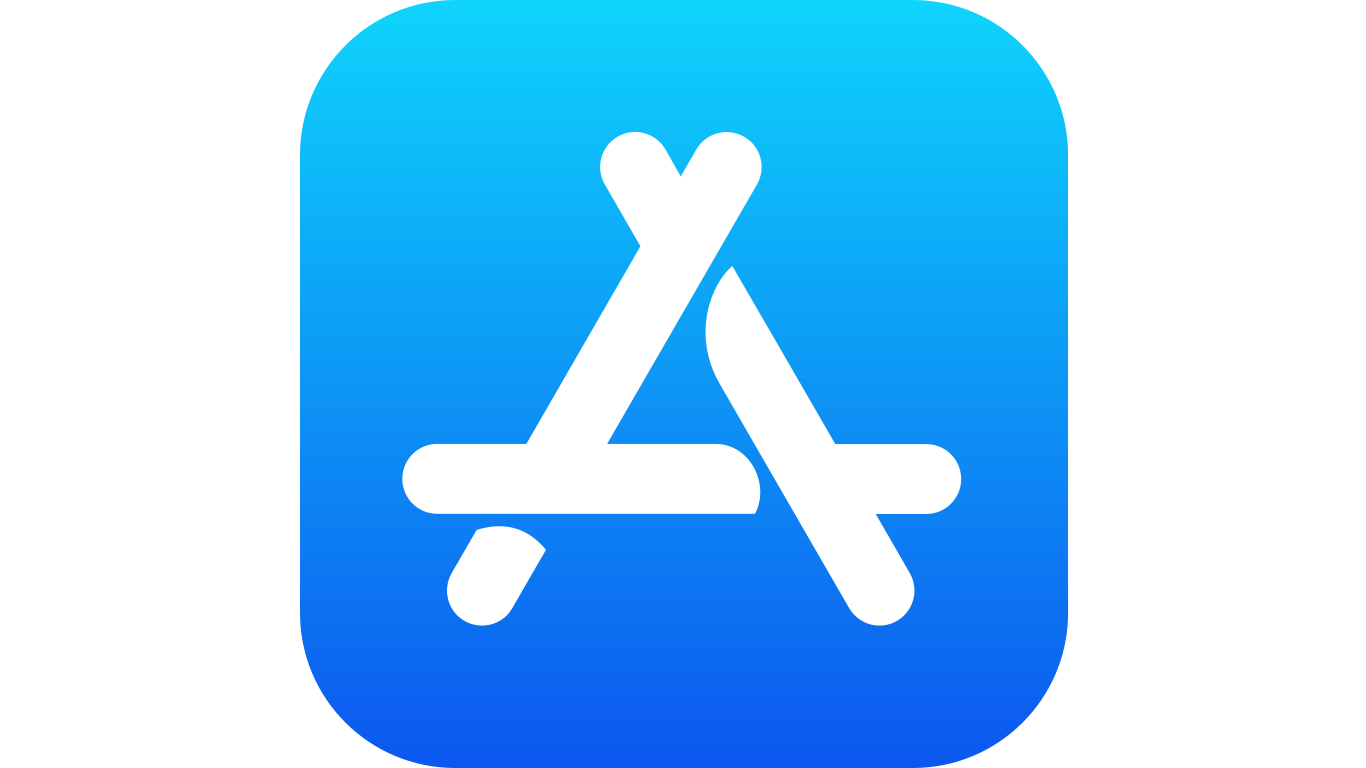Technology
What's Up With Apple: Losing Again in Court, Going Crypto and More

Published:

Federal District Court Judge Yvonne Gonzalez Rogers on Monday denied the latest appeal from Apple Inc. (NASDAQ: AAPL) to delay implementation of her order to open up the App Store to other forms of payment. Apple had appealed Judge Rogers’s decision handed down in September giving the company 90 days to allow app developers to comply with her ruling.
One Apple argument, that it would take months to figure out how to add links to non-Apple websites, brought this response from the judge: “You did not ask for a few months. You did not ask for six months. You didn’t ask for a limited amount of time. You asked for an across-the-board stay, which could take three, four, five years.”
According to the New York Times, Judge Rogers also questioned Apple’s argument that it would be “difficult, time-consuming and potentially perilous to allow app developers to link to their own websites.” Apple’s claims that adding external links would cause “irreparable injury” were “exaggerated,” the judge said: “Other than, perhaps, needing time to establish guidelines, Apple has provided no credible reason for the court to believe that the injunction would cause the professed devastation.”
Judge Rogers also denied Apple’s request for a 10-day extension to give the company more time to file an appeal with the Ninth Circuit Court of Appeals. The company has said it will seek a reversal of Judge Rogers’s decision, and, in a statement cited by the Times, commented: “Apple believes no additional business changes should be required to take effect until all appeals in this case are resolved.”
Pending appeals, Apple now has one month to make the ordered changes, according to the Financial Times. Apple should have been able to come up with a better appeal strategy than to obfuscate and delay. It’s hard to see how the appeals court is going to buy Apple’s sob story.
At the New York Times’s DealBook conference Tuesday, Apple CEO Tim Cook talked sideloading with DealBook editor Andrew Ross Sorkin:
[I]f you want to sideload, you can buy an Android phone. That choice exists when you go into the carrier shop. If that is important to you, then you should buy an Android phone. From our point of view, … it would not be an iPhone if it didn’t maximize security and privacy.
Cook also laid out his view of the impact Apple’s App Tracking Transparency feature has had on revenues for Facebook and other companies that rely on targeted ads for their cash flow:
[F]rom our point of view, privacy is a basic human right. And the people that ought to be deciding whether to data share is the person themselves. And so what we have been all about is putting the power with the user. We are not making the decision, we are just simply prompting them to be asked if they want to be tracked across apps or not. And of course, many of them are deciding no and never wanted to be, it’s just that they did not have a choice before. And so I feel really good and I’m getting great feedback from users about having the choice.
Briefly noted:
Cook also told the DealBook crowd that Apple is thinking about adding cryptocurrency to its Apple Pay systems. Apple has no interest, at this point, in accepting crypto for payment for purchases, but supporting crypto in Apple Wallet is not out of the question.
Poshmark, a social marketplace for second-hand goods, reported third-quarter results after markets closed Tuesday that fell short of expectations on both the top and bottom lines. The company said that Apple’s transparency rules are going to raise marketing costs and weigh on sales growth in the future. The company came up $3 million short on third-quarter revenue and expects to miss fourth-quarter estimates by that much or more.
Thank you for reading! Have some feedback for us?
Contact the 24/7 Wall St. editorial team.